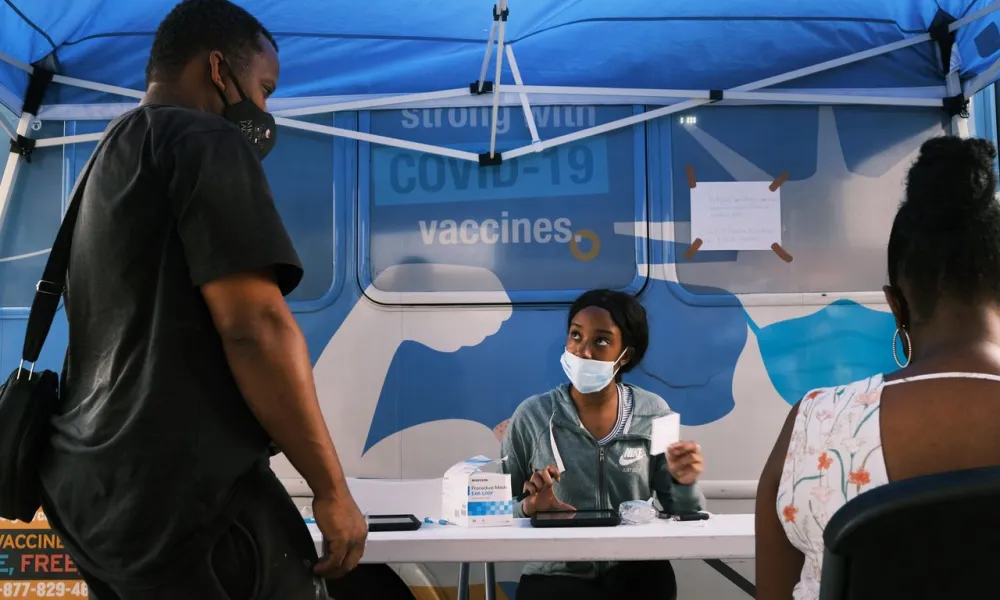Accountability
WHO and FDA ‘not on same page’ about future COVID-19 vaccine boosters

The World Health Organization and the United States Food and Drug Administration have found themselves on opposite sides of a debate on how to move forward with COVID-19 vaccine boosters given the rapidly changing variants.
The Food and Drug Administration (FDA) met last week to discuss the best course forward for vaccine boosters in the United States. The official decision was announced the following day, to roll out new vaccine boosters in or around the fall, which would include not just the BA.1 omicron subvariant boosters, but also BA.5 and BA.6, which the FDA believes will be dominant strains of COVID-19 in the near future.
The decision to roll out a bivalent vaccine (one that targets more than one strain of the virus) directly contradicts a recommendation by the World Health Organization (WHO) on the same matter. The WHO’s Technical Advisory Group on COVID-19 Vaccine Composition (TAG-CO-VAC) met in the middle of last month and decided to recommend rolling out a monovalent vaccine booster that targets the BA.1 subvariant of omicron.
The FDA has already ordered US vaccine manufacturers to begin producing the bivalent booster in time for an approximate September rollout, but the vaccine manufacturers face several questions about how to proceed based on the WHO’s contradicting advice. It remains unclear what will happen to any doses of the BA.1 monovalent booster that have already been manufactured, or whether they will still be needed.
Pfizer and Moderna had already begun producing BA.1 vaccines for the fall rollout, and the change in the FDA guidance may lead to delays in vaccine distribution in the fall. Jerry Weir, director of viral products at Center for Biologics Evaluation and Research (CBER) at the FDA says more global coordination will be needed in order to make the right decisions about vaccine production.
“I will remind you that the parallel track of influenza strain selection, which works very well, was a process that was honed over many, many years,” said Weir. “This is a very different virus, so we probably have a lot of work to do on this strain selection process for COVID vaccines.”
Terry A. Hurlbut has been a student of politics, philosophy, and science for more than 35 years. He is a graduate of Yale College and has served as a physician-level laboratory administrator in a 250-bed community hospital. He also is a serious student of the Bible, is conversant in its two primary original languages, and has followed the creation-science movement closely since 1993.
-

 Civilization5 days ago
Civilization5 days agoCHAPTER 12: Seeding Race Wars
Space Is No Longer the Final Frontier—Reality Is [forthcoming release May 2024] -

 Constitution3 days ago
Constitution3 days agoPrecinct Strategy scores again
-

 Education4 days ago
Education4 days agoTitle IX revision sparks State revolts
-

 Civilization2 days ago
Civilization2 days agoLegacy media already assume Trump wins
-

 Education5 days ago
Education5 days agoDid the Freemasons, Illuminati, Spiritualists and Mystics establish this country?
-

 Civilization3 days ago
Civilization3 days agoSCOTUS Is Last Bulwark Against Critical Legal Studies
-

 News4 days ago
News4 days agoTime to Fly – Really Fast
-

 Education4 days ago
Education4 days agoThe Road Back to Normalcy Starts Where the Problem Began: College Campuses



No one should take any of these injections. Take the time to do real research and learn the consequences of these injections.